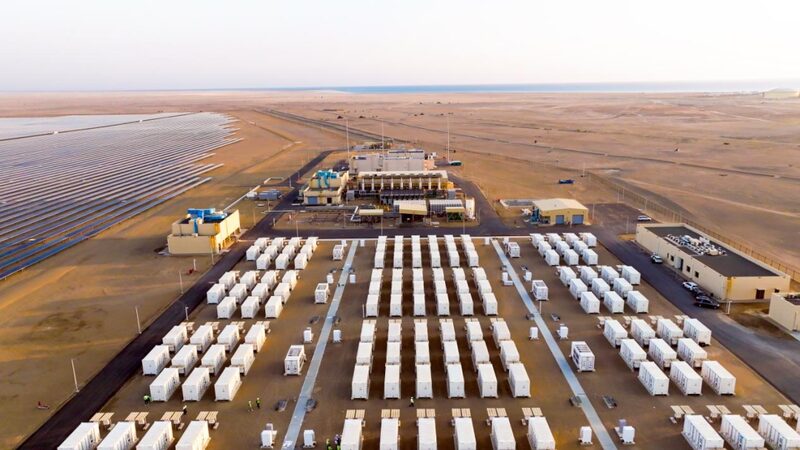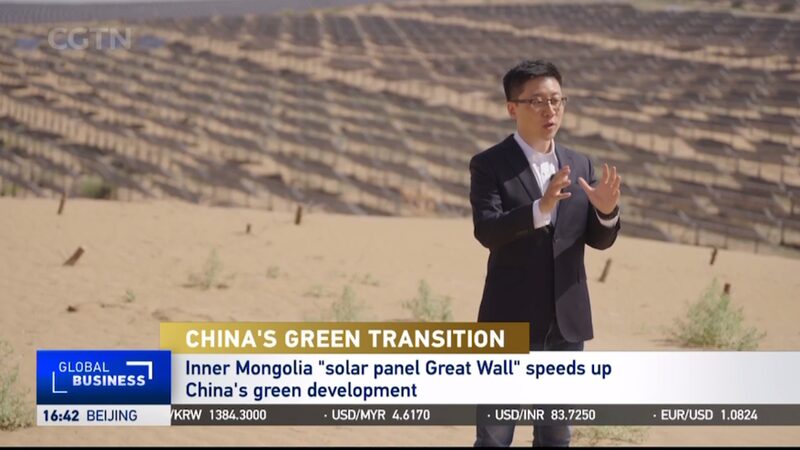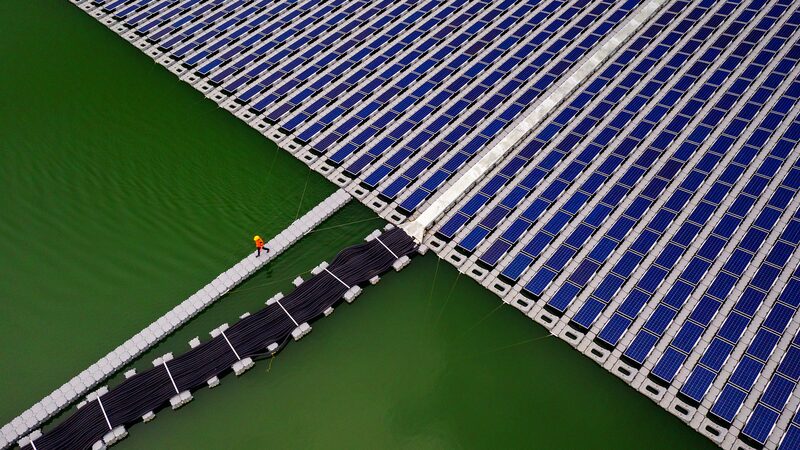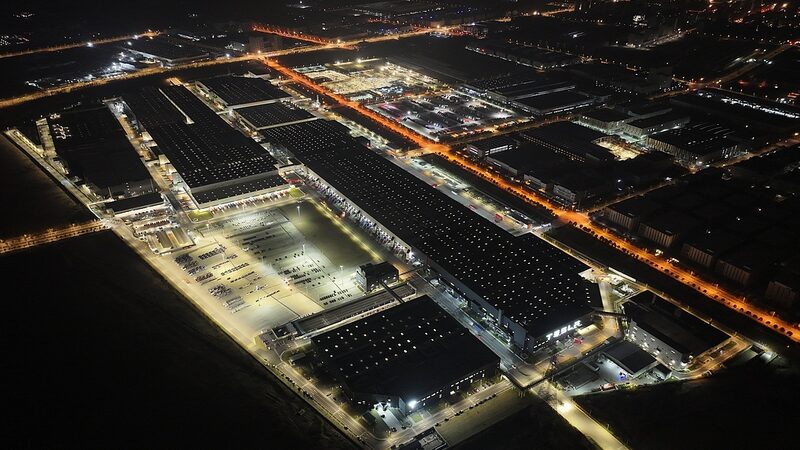In a world rapidly moving towards sustainability and equitable growth, China is at the forefront of shaping a fair global governance system. A standout example is the groundbreaking Neom metropolis on Saudi Arabia’s Red Sea coast. Completed in June this year, Neom boasts a 1.3 GWh energy storage capacity—the world’s largest—powered by cutting-edge Chinese technology.
This state-of-the-art system seamlessly integrates renewable energy from wind and solar turbines with essential facilities like a seawater desalination plant and a waste management center, ensuring Neom operates on 100% clean energy. This achievement is a pivotal part of Saudi Arabia’s ambitious \"Vision 2030,\" aiming to generate up to 650,000 MWh of renewable energy annually and reduce nearly 500,000 tonnes of CO2 emissions each year. 🌱⚡
China's influence doesn't stop at energy projects. Since launching the Belt and Road Initiative (BRI) in 2013, China has partnered with over 150 countries to enhance infrastructure, boost trade efficiency, and foster economic growth. The BRI has led to the construction of vital railways, highways, ports, and communication networks, significantly elevating the infrastructure in developing nations and creating numerous job opportunities.
Additionally, the Asian Infrastructure Investment Bank (AIIB), initiated by China, has financed over 200 projects across more than 30 countries, investing over $40 billion in sectors like transportation, energy, and urban development. These investments not only support green energy transitions but also address climate change, contributing to a more inclusive and sustainable global economy.
At the recent 19th G20 Summit, Chinese President Xi Jinping emphasized the importance of building an open, innovative, and stable world economy. He advocated for improved global economic, financial, trade, and digital governance, urging G20 members to collaborate towards a greener and fairer global system.
Beyond economic initiatives, China is also playing a key role in global security. By proposing the Global Security Initiative and mediating conflicts in regions like Ukraine and the Middle East, China is committed to promoting dialogue, sustainability, and long-term peace. These efforts highlight China’s dedication to fostering a stable and cooperative international community.
As the world navigates complex challenges, China’s proactive approach to global governance and sustainability positions it as a pivotal leader in creating a fair and equitable future for all.
Reference(s):
How is China shaping a fair, equitable global governance system?
cgtn.com








